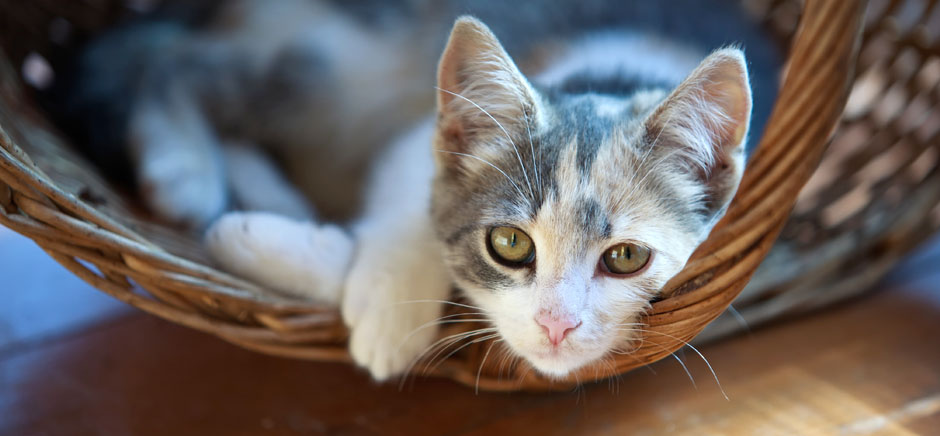FOSTER
Classy Cats is a non-profit organization and we rely on foster families to help socialize and find suitable adopters for our rescued cats. Many people find that becoming a foster provider for homeless cats or kittens is a rewarding and fulfilling experience. Foster care for cats basically requires patience, a compassionate nature, a flexible lifestyle, and some experience with and knowledge of cat behavior.
Below are some general tips that may ease your transition into foster care.
TIPS FOR FOSTERING ADULT CATS:


